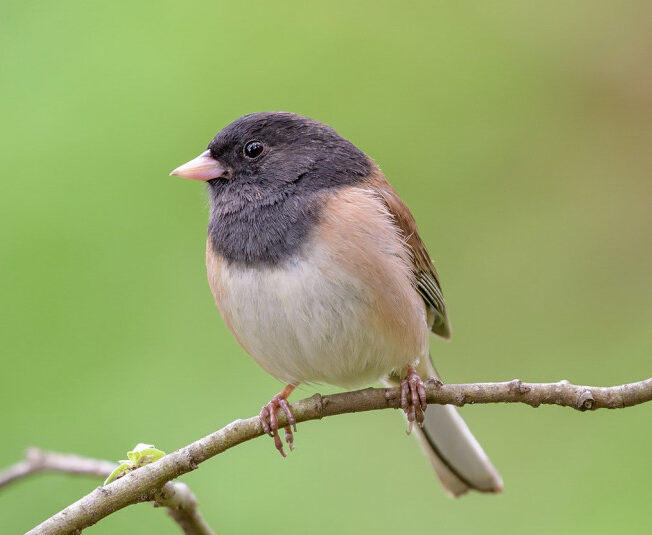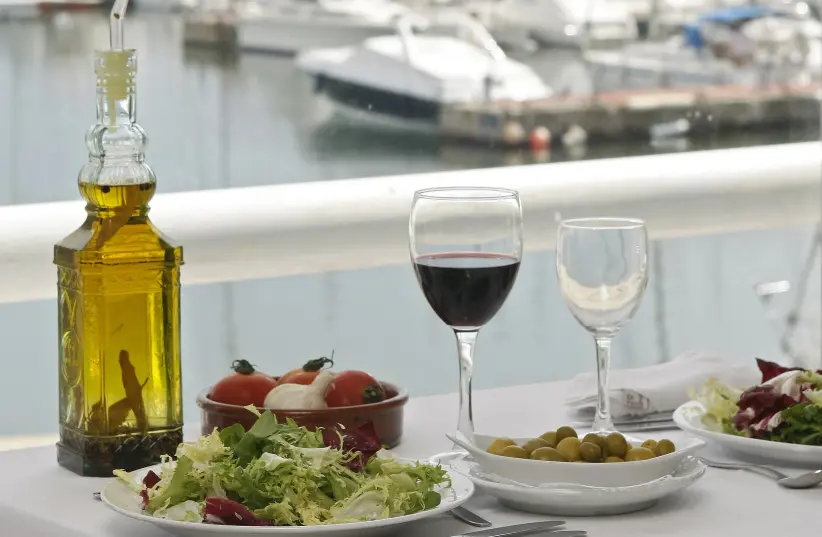
Eating Away the World’s Plastic Waste Problem
Eating Away the World’s Plastic Waste Problem
January 23, 2017
No Camels — According to environmental thinktank Worldwatch Institute, humans produce about 300 million tons of plastic every year, creating one of the world’s biggest environmental problems.
That is why a team of student researchers at Ben-Gurion University have developed an extraordinary solution: genetically modified bacteria that feed off plastic.
The bacteria, called pseudomonas putida, are modified to “eat” polyethylene-terephthalate (PET), a common type of plastic used, for example, in water bottles. This new genetic engineering technology, called PlastiCure, is spread on plastic particles so that the plastic can break down.
“We chose to tackle the problem from a biological standpoint, using engineered enzymes and bacteria that could use plastic as a primary carbon source,” says a member of the research team.
“This solution holds great promise in improving our quality of life and stopping the impending threat that plastic waste holds over our heads.”
One of plastic’s best features is one of its greatest drawbacks; its durability makes it virtually non-degradable. An average bottle of mineral water takes roughly half a millennium to decompose, leading to a global accumulation of plastic waste.
The PlastiCure solution not only degrades plastic, but produces electricity by using the energy released from PET’s bonds as they are broken down.
The BGU student team recently showcased its work at the annual, worldwide synthetic biology competition iGEM held at MIT, where they were awarded a gold medal for their overall performance and high standard of achievement.
Currently, the research team is working on making its solution scalable. They hope to one day manufacture kits for home use that consumers could use to break down their own plastic.



